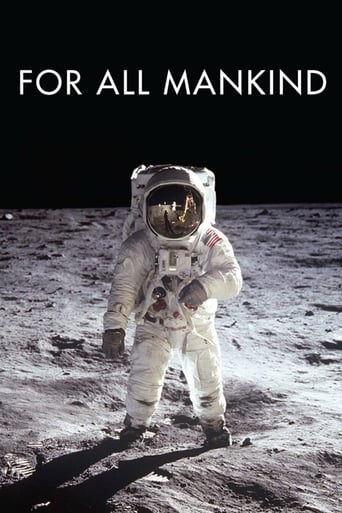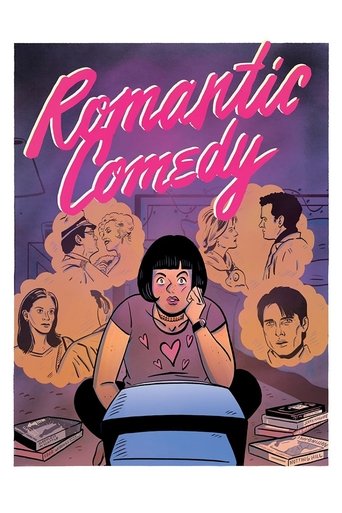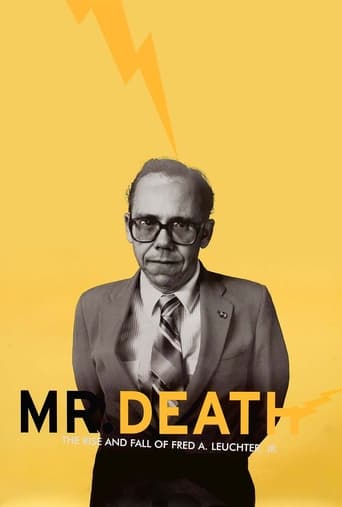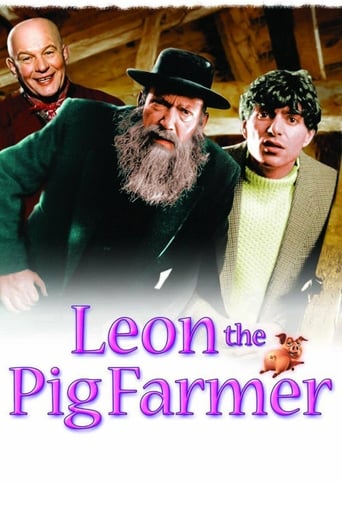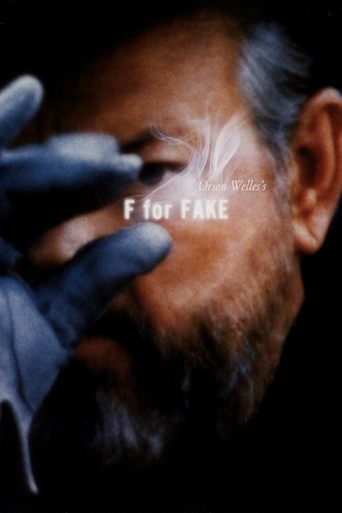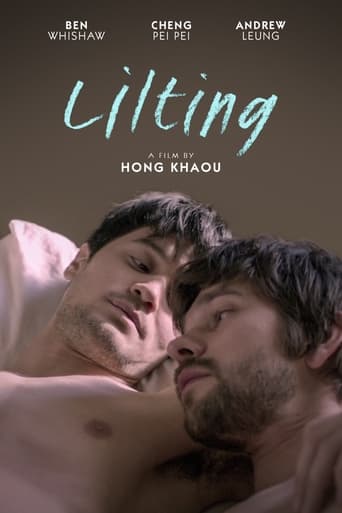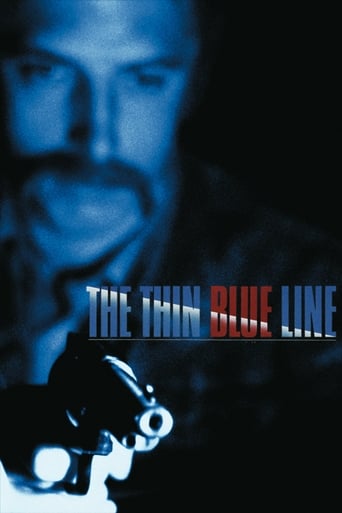
- Aug 28, 1988
- 103 min
-
Full-HD
The Thin Blue Line (1988)
Errol Morris's unique documentary dramatically re-enacts the crime scene and investigation of a police officer's murder in Dallas.
Category
Country
United States of America
Companies
American Playhouse
Third Floor Productions
Randall Adams
Self
David Harris
Self
Gus Rose
Self (Homicide Detective in Dallas)
Jackie Johnson
Self (Homicide Detective in Dallas)
